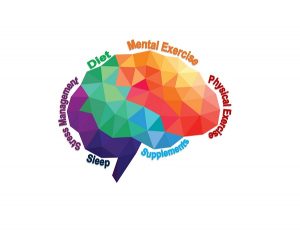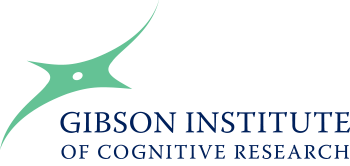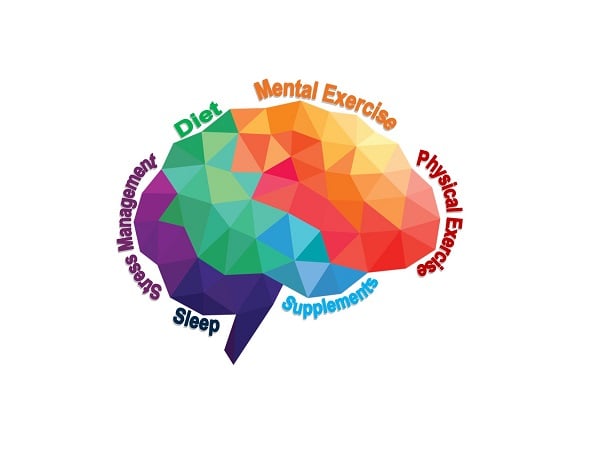Multidisciplinary Intervention Creates Neural Changes and Improvements in Cognition and Daily Function in Early Alzheimer’s:
Study Shows Adaptation of Bredesen Protocol Promising in Slowing Clinical Cognitive Decline
September 13, 2019 – The results of our study just published in the Open BioMedical (OBM) journal Integrative and Complementary Medicine highlight the benefits of a functional medicine approach to slowing cognitive decline in adults over age 55 with clinical cognitive impairment including mild cognitive impairment (MCI) and early Alzheimer’s disease. Researchers examined changes in cognitive skills, brain connectivity, and daily functioning following a multifaceted anti-neuroinflammatory intervention that included physical exercise, mental exercise, a grain-free/sugar-free diet, anti-inflammatory nutritional supplements, sleep optimization, and stress management within the context of a functional medicine practice for five patients with varying levels of cognitive impairment.

The key findings include:
• Improvement and stability in cognition. After the nine-month intervention, three of the five patients were no longer classified as cognitively impaired, while a fourth patient improved from moderately-to-severely impaired to mildly impaired. The fifth patient who entered the study with Stage 2 Alzheimer’s remained stable.
• Improved daily functioning and outlook. Patients reported improved memory, attention, mental clarity, as well as increased energy, better mood, and improved outlook on life.
• Changes in brain connectivity visible on fMRI. fMRI analyses revealed changes in the brain that suggest improved efficiency, as well as changes in network connectivity that correlated with changes on neuropsychological tests.
The study was led by functional medicine physician Randolph James, MD, of True Life Medicine, neuroscientist Christina Ledbetter, PhD, of LSU Health Science Center and Dick Carpenter, PhD, from University of Colorado Colorado Springs, along with cognitive psychologist Amy Lawson Moore, PhD, and Terissa Miller, MS Psy, from Gibson Institute of Cognitive Research. Xymogen Pharmaceuticals (FL) donated the supplements for the study and Penrad Imaging (CO) conducted the fMRIs.
“The MRI findings were indeed exciting,” says Ledbetter. “Not only that we could use functional MRI to detect changes in connections between regions of interest in the brain, but also that those changes directly correlated with changes on dementia assessments.”
The intervention was an adaptation of the Bredesen Protocol, a novel multifaceted approach to reversing Alzheimer’s disease by targeting inflammation. Neuro-inflammation is a prominent finding in age-related cognitive impairment and Alzheimer’s Disease (AD). Numerous cellular pathways are associated with inflammatory responses and successful treatment of inflammation likely requires targeting these multiple pathways. Although the current study included the same variety of therapeutic approaches seen in Bredesen’s work, the study departed from Bredesen’s research protocols by including structured cognitive training delivered by clinicians in scheduled clinic appointments.
“We wanted to increase compliance to this critical pillar of the intervention by adding the human delivery element. We weren’t convinced that computer games could provide the intensity, complexity, and motivation required to drive neuroplasticity, so we opted for human-delivered cognitive training,” says Moore. “It paid off. Patients were 100% compliant with this aspect of the intervention.”
The current study also used standard neuroimaging and neuropsychological assessments for all patients to enable statistical analysis of the outcomes.
The full study, “Feasibility of a Functional Medicine Approach to Slowing Clinical Cognitive Decline in Patients Over Age 55: A Multiple Case Study Report” is available at https://dx.doi.org/10.21926/obm.icm.1903054

